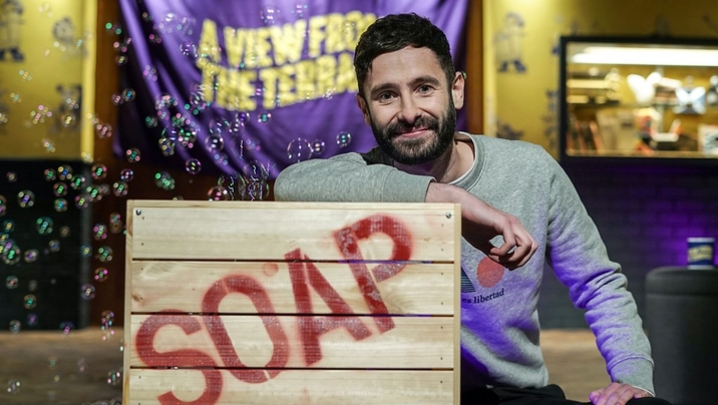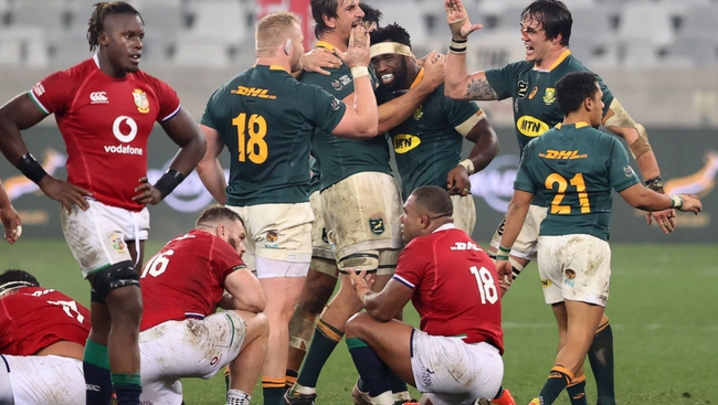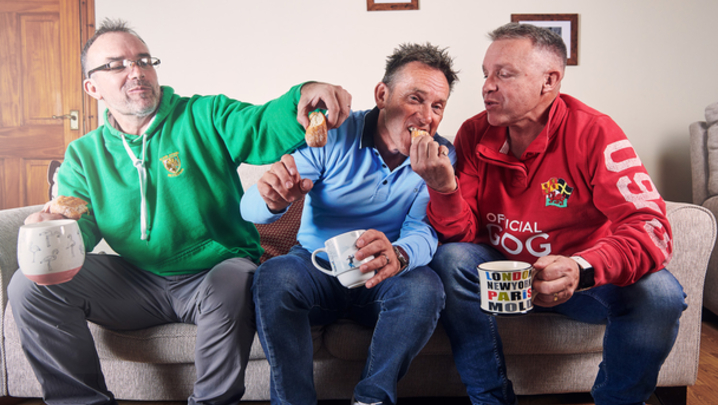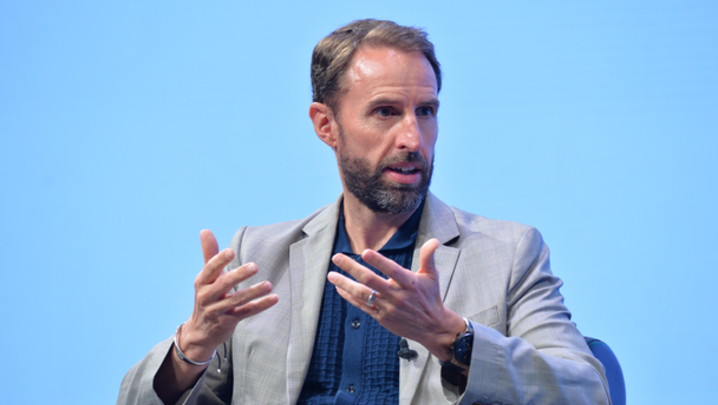Tara Conlan reports on how the so-called ‘golden quarter’ may lose some of its lustre in a tough ad market.
Airing the World Cup over November and December for the first time ever is playing havoc not just with the Premiership calendar, but with the UK’s TV ad market, too.
Moving the tournament from the summer to mitigate the extreme heat of the host country, Qatar, has dented ITV’s advertising revenues for the year to date.
It may also have taken some of the gloss off advertising’s “golden quarter”, named because it includes the run-up to Christmas. In a typical World Cup year, ITV’s advertising gets a boost in the summer, plus the usual festive bump. This year, campaigns for the two events are colliding.
Earlier this month, ITV reported a 14% fall in third-quarter ad revenue, while the year to September was down 2%. Not surprising, given that last year’s Euros and a strong post-Covid bounce have been superseded by a cost-of-living crisis and economic turmoil fuelled by chaos at Westminster and the war in Ukraine.
It means advertisers have had to think creatively about how to juggle Christmas and the World Cup while also being sensitive to consumers’ cost-of-living concerns.
Several key advertisers have combined their campaigns. ITV’s director of sales and commercial partnerships, Mark Trinder, says some of his biggest customers have definitely been “wrestling with the cost of living and their own media budgets”. He says ITV is being as flexible as it can with bookings.
The challenge, he says, has been “to straddle the World Cup and Christmas communication. To do two bespoke [campaigns] at the same time is difficult for many. One creative conversation can straddle Halloween, Bonfire Night, the World Cup and Christmas itself. The main creative theme has been about getting people together.” He highlights Aldi linking the World Cup to Christmas by having its advert’s character, Kevin the Carrot, miss a flight to the World Cup.
Trinder is optimistic about the fourth quarter: “We’ve seen good demand based on the World Cup.… Most categories are pretty well represented. Fast-food delivery companies, retail, technology, mobile telcos, FMCG [fast-moving consumer goods] and travel are very strong. I’m a Celebrity… is absolutely rammed with Christmas ads.”
He says the December launch of ITVX is “a real opportunity for us” to increase ad revenue.
Nick Waters, CEO at Media consultancy Ebiquity, agrees that ITVX’s capacity to provide more targeted ads and data “represents a real opportunity for TV to fight back and start bringing money into TV that has migrated to online”.
He adds: “I don’t think ITV will enjoy the same boom around this World Cup as it has in previous World Cups, but I do think ITVX is a very good proposition. Money [coming] into ITVX will not compensate for all the money that could have flowed into the World Cup, but I don’t think this fourth quarter is going to be bad….
“I suspect it will be fairly flat year on year… I think there’s a great deal of caution in Q4… it’s more about budget maintenance than a budget surge.”
Waters argues that, going into a tough 2023, TV will provide the best result for brands’ long-term market share. But he notes: “There’s just no appetite for brands to promote themselves in relation to the World Cup now. People usually get very excited about it, it’s the big thing in the summer, between football seasons [but] there are the issues surrounding Qatar’s human rights [record] and migrant workers’ deaths [plus] interrupting… domestic football seasons, which is causing a lot of irritation.”
Trinder denies that any advertisers have “approached me or my team explicitly saying they were vetoing the World Cup.… There might be some brands that have made that decision and we’re not aware of it. What I can tell you, hand on heart, is that the categories and brand accounts we’d expect are [all] there.”






